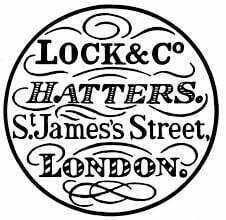Why have pest birds become such an issue in London?
Birds have become pests in London due to several reasons, as their natural habitats have undergone significant changes over the years. This has led to bird infestation problems up and down the country, including in London, meaning that bird control in London has become a vital aspect of ensuring the city runs as smoothly as possible.
Urbanisation and the development of cities have led to the loss of natural bird nests sites, pushing them to seek shelter in man-made structures and residential buildings such as buildings, rooftops, and ledges. The ample food sources available in urban environments, such as discarded food scraps and overflowing bins, further attract birds to populated areas, exacerbating the nesting birds problem.
Certain bird species, such as pigeons and seagulls, have adapted remarkably well to urban life, finding ideal conditions for breeding and survival in the cityscape. The lack of natural predators and the abundance of sheltered spaces and nesting materials make urban environments a safe haven for these birds, leading to rapid population growth and increased bird-related issues. Birds are so adaptive that they’ll even build nests in the most unlikely places, such as air conditioning units!
Pigeon control is a particular issue in London, with areas such as Trafalgar Square rife with feral pigeons and pigeon nests which ultimately causes a health risk to tourists and general population. Whilst seagull control is often a huge issue on coastal areas – however they still pose a risk along the banks of the River Thames therefore their control in London is still important.
Another significant factor contributing to the bird pest problem in London is the availability of food from human activities. People feeding birds in public areas, such as parks and squares, inadvertently encourage bird populations to grow beyond their natural limits. This overfeeding results in larger flocks of birds congregating in concentrated areas, leading to increased noise, highly acidic droppings, and potential health hazards.
The popularity of outdoor dining and open-air spaces in cafes and restaurants also attracts birds seeking food scraps left behind by patrons. This behavior can disrupt the dining experience and pose hygiene concerns for businesses and customers alike.
Overall, the combination of changes in their natural habitats, easy access to food sources, and the absence of natural predators has contributed to the proliferation of birds in London, turning them into pests in certain urban areas and leading to bird control methods becoming a necessity.
The bird control team at Shield Pest Control understands the challenges posed by these avian pests and offers effective and humane bird control and bird proofing solutions, including bird netting and bird spikes to manage bird populations, deter pest birds while maintaining a balance between nature and urban life.











